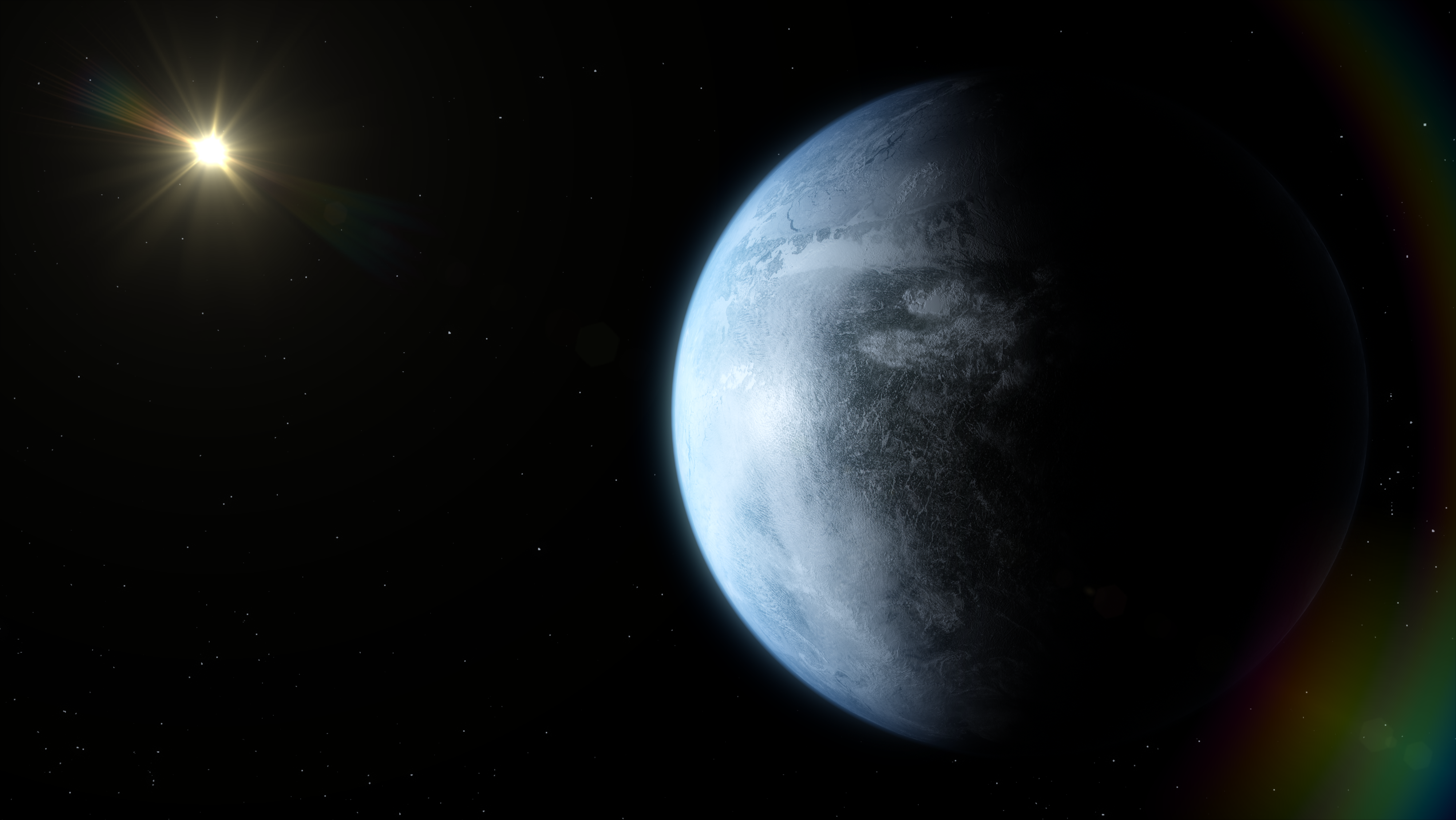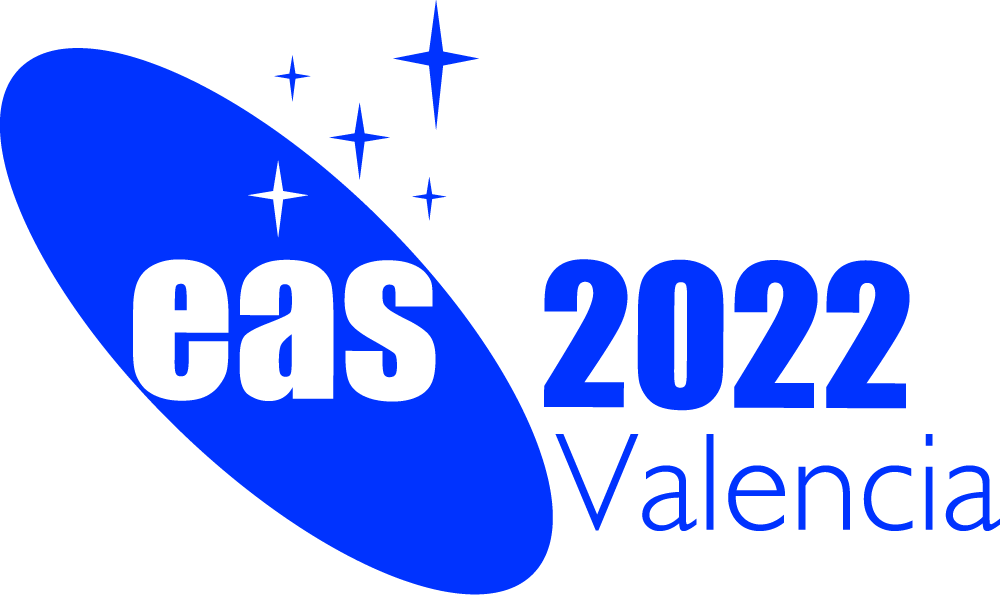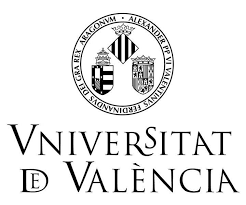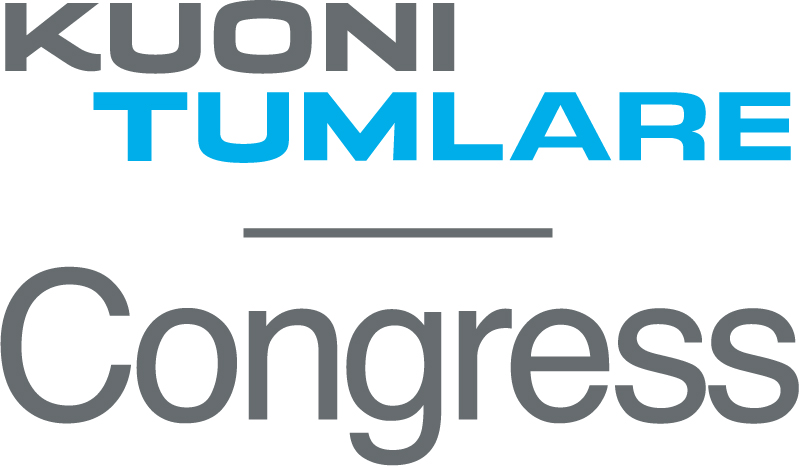Symposium S8
29-30 June 2022
Exoplanets in the 2020s

News:
30 May 2022. After grading 130 abstracts, the SOC has published the programme for the six sessions on Wed 29th and Thu 30th. Eventually, there will be 10 invited and 12 contributed talks. The rest of abstracts are accepted as ePosters. Full programme with links to abstracts of invited and contributed talks in the "Exoplanets in the 2020s" external webpage
Aims and scope
Recent surveys of exoplanets have revealed an amazing, and yet unexplained, diversity of planets orbiting other stars. The key to understanding and exploiting this diversity is to study the architectures, dynamics, atmospheres, environments and evolution of these planetary systems. These exoplanets are unique laboratories that hold the potential to transform our understanding of planet formation, physics, and habitability. With the recent advances in the field of exoplanets, including the theory, observation, and instrumentation, we have new opportunities to place the Solar System and the Earth's ecosystem in a broader context. This two-day, six-block EAS symposium aims at bringing together the European community interested in the field of exoplanets, with a particular focus on advances made in the field thanks to high resolution spectroscopy observations.
Programme
- Exoplanet searches: radial velocity, transit
- System architecture, formation models, occurrence, stellar hosts
- Exoplanet atmospheres
- Exoplanet interiors
- Instruments and missions
Full programme with links to abstracts of invited and contributed talks in the "Exoplanets in the 2020s" external webpage
Invited speakers
- Laura Affer (INAF, Palermo):
"RV searches with
high-resolution spectrographs: HADES"
- Christiane Helling (ÖAW, Graz):
"Clouds in exoplanet atmospheres"
- Sarah Kendrew (ESA):
"Exoplanet studies with JWST"
- Markus Kissler-Patig (ESA):
"Current and future ESA exoplanet missions"
- Tim Lichtenberg (Uni. Oxford):
"Molten exoplanets as a window into the earliest Earth"
- Lena Noack (FU Berlin):
"Rocky planet interiors and volcanic outgassing"
- Antonija Oklopčić (Uni. Amsterdam):
"Atmospheric escape in exoplanet atmospheres"
- Didier Queloz (ETH Zürich, IoA Cambridge):
"Challenges and new generations of planet search facilities"
- Silvia Sabotta (LSW Heidelberg):
"M-dwarf planet occurrence rates"
- Alejandro Suárez-Mascareño (IAC, Tenerife):
"RV searches with high-resolution spectrographs: from CORAVEL to ESPRESSO"
Scientific organisers
- Jayne Birkby (Uni. Oxford, United Kingdom)
- José A. Caballero (co-chair) (CAB, Spain)
- Jean-Michel Désert (co-chair) (Uni. Amsterdam, The Netherlands)
- David Ehrenreich (Uni. Genève, Switzerland)
- Esther Gónzalez-Álvarez (CAB, Spain)
- Jonay I. González-Hernández (IAC, Spain)
- Artie P. Hatzes (TLS, Germany)
- Ravit Helled (Uni. Zürich, Switzerland)
- Sasha Hinkley (Uni. Exeter, United Kingdom)
- Marina Lafarga (Uni. Warwick, United Kingdom)
- Yamila Miguel (co-chair) (Uni. Leiden, The Netherlands)
- Juan C. Morales (ICE, Spain)
- Lisa Nortmann (co-chair) (IAG, Göttingen)
- Vivien Parmentier (Oxford, United Kingdom)
- Heike Rauer (DLR, Germany)
- Cristina Rodríguez-López (IAA, Spain)
- Nuno Santos (Uni. Porto, Portugal)
- Ignas Snellen (Uni. Leiden, The Netherlands)
- Hannah Wakeford (Uni. Bristol, United Kingdom)
Contact
Updated on Mon May 30 16:26:28 CEST 2022
|

 A power cut will shut down all EAS services on Tuesday, 10 January 2017 starting at 7:30 CET.
A power cut will shut down all EAS services on Tuesday, 10 January 2017 starting at 7:30 CET.


